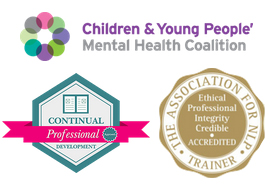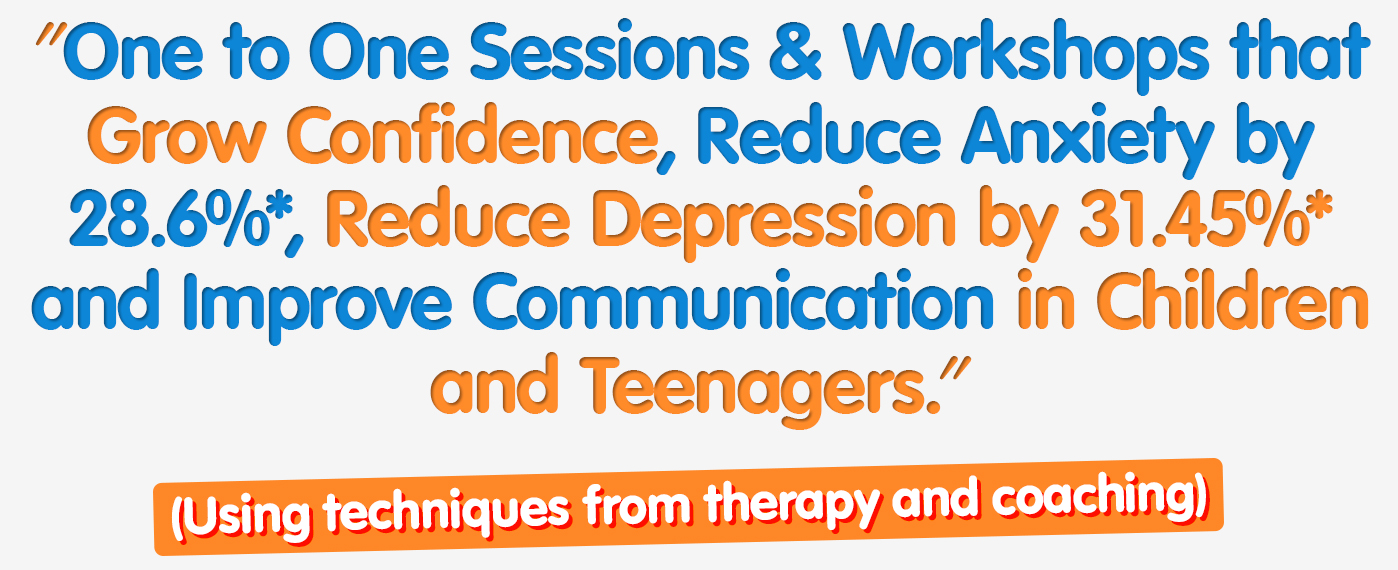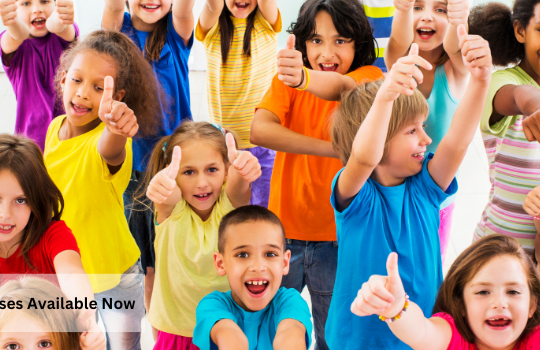![]()
Our practitioners offer individual counselling type sessions and workshops for children, teenagers, parents & teachers based around NLP.
NLP is a series of techniques and processes that can be used for the purposes of therapy. Sessions of NLP tend to be structured and proactive and are therefore different to talking and listening based therapies such as counselling or psychotherapy.
As NLP4Kids practitioners, we have specific techniques that we use for each challenge that children and teenagers may experience, These have been adapted from mainstream NLP methodologies.
NLP is often likened to CBT (cognitive behaviour therapy). CBT is also a combination of processes that can be used in a therapy environment. It has a structured way of challenging unhelpful generalisations that children or teenagers might have about their world or their abilities. NLP differs in some ways from CBT, in that NLP is very client centred and as well as challenging unhelpful thought patterns, it has a strong focus on moving the attitude and mindset of children in a positive way, towards what they can be, do or achieve instead. Both NLP and CBT have a strong focus on taking responsibility for the thoughts and feelings a child or teenager is experiencing.
Our therapy sessions are also designed to help children and teenagers develop greater sensory awareness, which can be particularly helpful in supporting their academic achievements in education. If a young person is struggling with learning, a partial cause may be that the presentation of the learning material doesn’t fit with the sensory system they best learn with. For example, you may be someone who best learns from reading about a subject in a book, from listening to a voice explaining it, or from experimenting and going through a process.
How is NLP different to children’s counselling?
Sometimes our sessions with children and teenagers may appear more like counselling or psychotherapy because of the questioning techniques that we use to challenge unhelpful thought processes. These psychotherapy based questions help us highlight to kids where they currently are (in relation to overcoming their problem) and where they want to be instead. Counselling style interaction is usually for the purpose of helping to identify the best proactive processes to use later or to help unburden a young person from their overloaded mind.
The individualised sessions we offer to children, tend to be reactive session. They usually take place because there is a problem or challenge that they would like help in overcoming.
Our workshop based sessions are great for proactive learning. They are particularly helpful for young people who have the self discipline to apply the techniques for themselves outside of the workshop sessions, or for conscientious parents, careers and teachers who want to equip young people with skills for them to use long into the future. During the workshops, children and teenagers (who are in groups with others of a similar age) can learn ways to increase confidence, overcome exam stress or to become more motivated. We have a set programme of 9 different workshops for schools and colleges covering a range of subjects, as well as offering bespoke packages for more specialist subject areas, such as providing support for those with learning difficulties like dyslexia.
Click here to find a local therapist who helps young people to manage their emotions, overcome anxiety and improve confidence.
Workshops and sessions for parents & teachers enable them to build positive connections with their children.
You can also learn more about our work and how to join this children’s franchise.
Free Phone Consultation Call Us On 0845 3192 666
Instant Download: Get Our FREE Therapy Guide to Build Confidence in Children and Teenagers
Our therapy for children and teenagers is provided with a combination of NLP,
hypnotherapy, counselling and CBT type therapies.
-
Therapy & Coaching
Find a highly qualified, local practitioner or counsellor to help your child or teenager overcome challenges. -
NLP4Kids Workshops
Book your child onto a confidence building, self esteem and motivation skills workshop. -
NLP4Parents Workshops
Book a workshop for improving parenting skills to better connect with your child or teenager. -
NLP4Teachers Workshops
Improve your class and inspire your students using our proven techniques - Book Now. -
NLP4Schools
Book a workshop for a school, college or university for better results from pupils & students. -
Hypnotherapy4Kids
Find a qualified hypnotherapist who specialises in working with children and young people.
Proud Members Of

Knowledge Center
Why People Copy NLP4Kids (and Why It Matters More Than You Think)
There’s a popular saying that imitation is the sincerest form of flattery. But when it comes to building a high-impact children’s franchise, imitation can also be the loudest red flag. The Day AI Forgot Who I Was When ChatGPT started gaining momentum, my cousin couldn’t resist having a little fun. He typed in: “Who is...Continue reading→
What a Dog on the Playground Taught Me About Being Memorable 🐶
Every once in a while, something happens that stays with you forever. It could be heartwarming, hilarious, even a bit rebellious—but it stands out from all the other days because it was different. And those different days? They’re the ones that matter most. The Dog on the Playground Effect When I’m running NLP4Kids training sessions,...Continue reading→
Fostering Creativity and Critical Thinking: The Edge of Children’s Education Franchises
In today’s fast-paced world, creativity and critical thinking are more important than ever. Children’s education franchises are at the forefront of fostering these essential skills, giving young learners a competitive edge. These franchises understand that creativity is not just about art or music; it’s about thinking outside the box and approaching problems from different angles....Continue reading→








